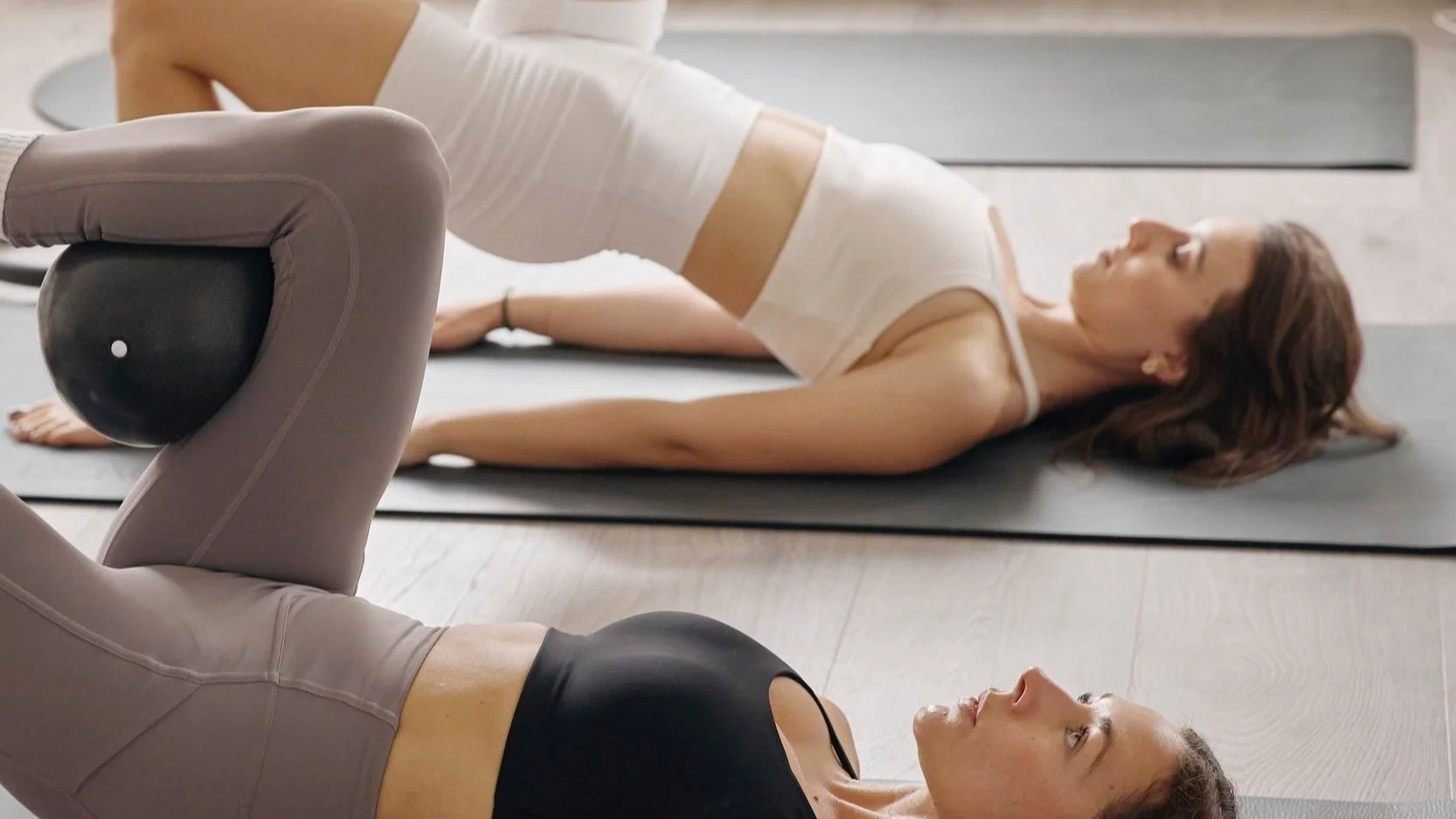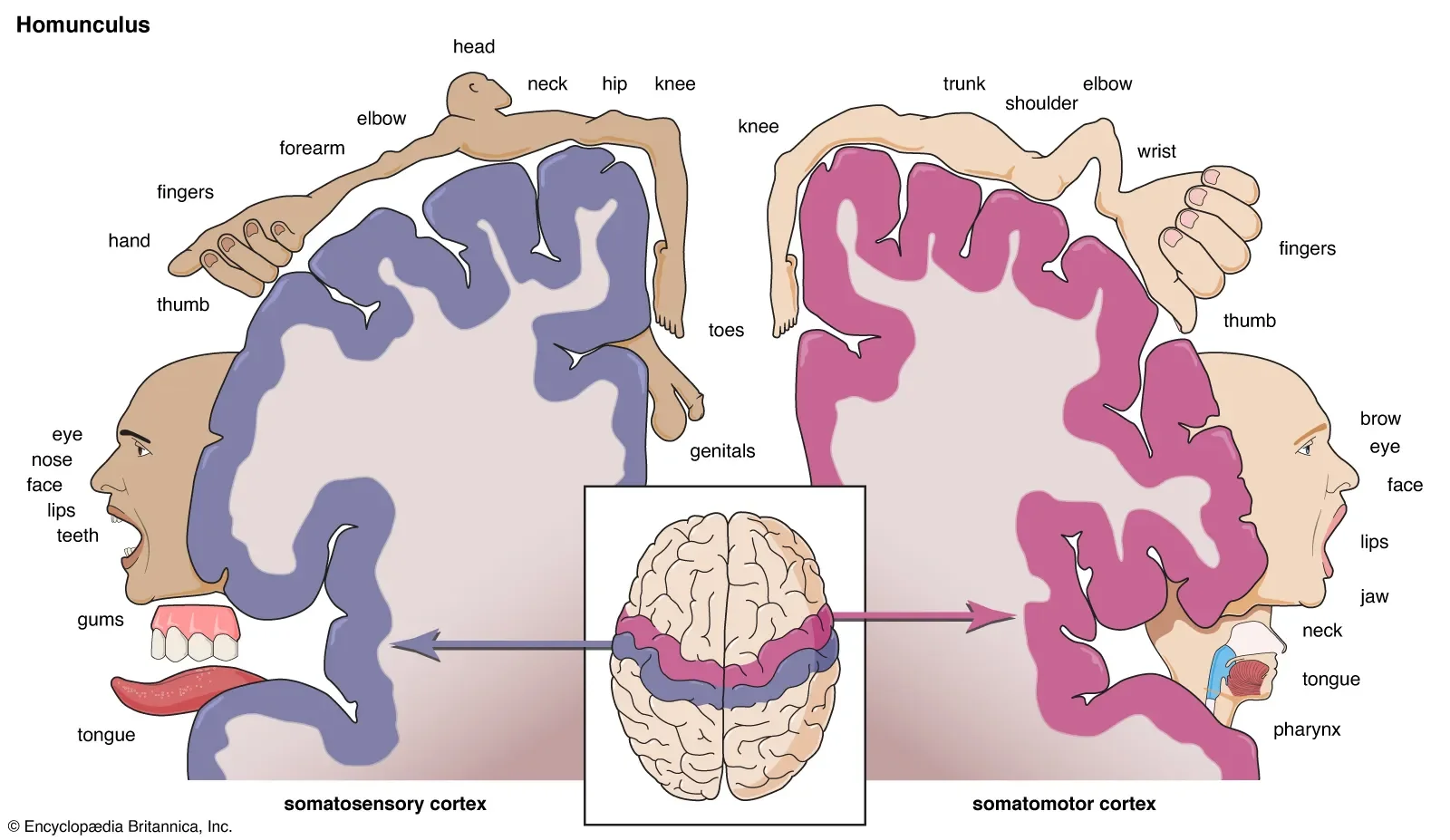Think yourself stronger
Did you know you can actually think yourself stronger?
I see you rolling your eyes at me. I must be regurgitating some wishy washy woo woo theory I’ve stumbled across in a spiritual book. Next thing you know I’ll be trying to teach you how to levitate.
First, and unbelievably, I have a neuroscience degree, so when I talk about the brain I mean business. Second, the mind/muscle connection theory is not wishy washy or woo woo. In fact, it is supported by several studies, including some involving Pilates.
So what is the mind/muscle connection? Well, it is our ability to direct our focus and attention to a specific muscle or muscle group, leading to increased perception and activation of those muscles.
Let me grab my white lab coat (believe it or not I once owned one) and explain further:
In our brain, we have motor and sensory cortices. These areas are divided up into the different parts of our body (something known as a homunculus). There is a specific area of the sensory cortex dedicated to sensation of your toes, and another to your lips. There is also an area of the motor cortex dedicated to movement of your left leg, and another for movement of your right pinky finger.
The sensory and motor homunculus
Put very simply, the larger the area, the more sensation/motor control you have of that part of the body. For example, large areas of the sensory and motor cortices are dedicated to the fingertips, which have a lot of innervation for precise feeling and control.
But what has this got to do with Pilates? Well, the more we perceive (think about) a muscle, the larger the area of the brain dedicated to sensation of that muscle becomes (with time and consistency). And the more awareness we have of a muscle, the more we can activate it. This increased activation then increases the area of the brain dedication to control of that muscle (again, with time and consistency).
So what am I saying exactly? Well, more perception = more activation. More activation = more growth. More growth = more control and strength. It’s not girl science. It’s just science.
There are other benefits too, beyond just muscle growth. These include improved balance, control, coordination and posture, as well as a reduction in the risk of falling and of injury.
The wishy washy woo woo side of me believes that the mind/muscle connection also helps us to understand our body and its signals - physical, mental and spiritual. It helps us to listen to and interpret those ‘gut feelings’ commonly referred to as our intuition.
All of which is to say that you can improve the results from your Pilates class by thinking about the muscle you are using as you use them. For example, if you are in a glute bridge, think about the glute max as you contract it. You can even shut your eyes to block out distractions and really focus on the muscle more. I challenge you to give it a try!
Emma Henderson x
The mind muscle connection can be used to improve your outcome from a Pilates workout



